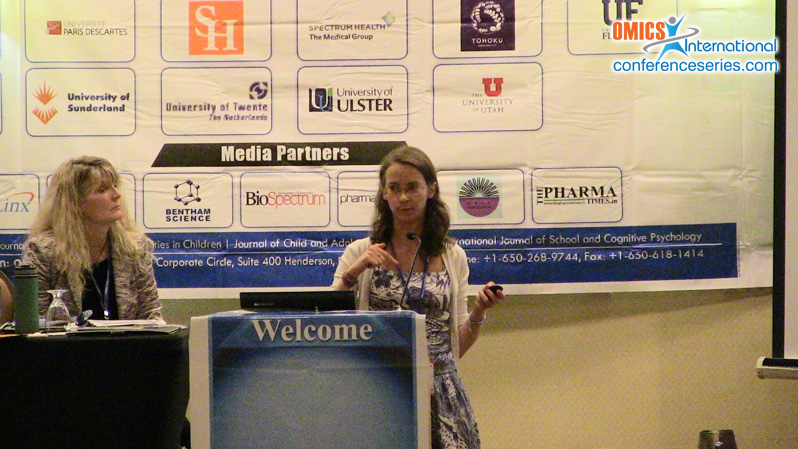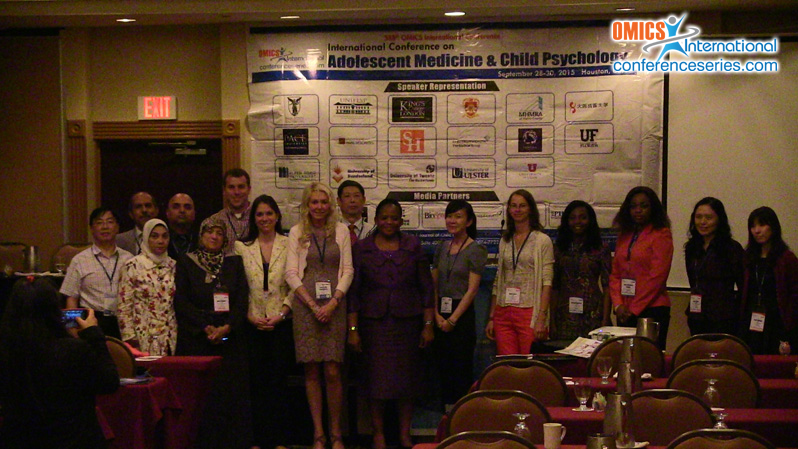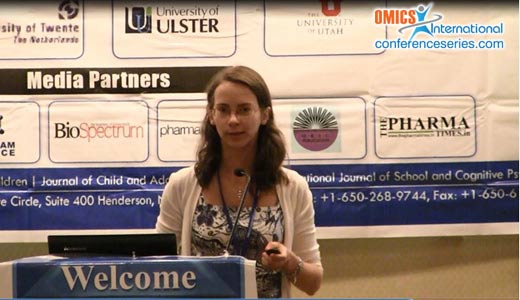
Maria Abram
Paris Descartes University,France
Title: Past and future episodic memory development from childhood to young adulthood-comparison of autobiographical memory and virtual reality tasks
Biography
Biography: Maria Abram
Abstract
With the episodic memory (EM) humans recall past and imagine future events and remember executing future actions. EM can be assessed with laboratory based tasks (recall of past information and future actions, retrospective and prospective memory) and autobiographical events (past and future autobiographical memory). Past EM aspects develop progressively until adolescence when feature binding (what, where, when) is required. Prospective memory development depends on action types but it improves until young adulthood with complex tasks. Most developmental studies of future autobiographical memory have focused on young children and adults, leaving a gap between these two groups. We thus aimed to compare past and future EM aspects and mechanisms from young school children to young adults, confronting more ecological laboratory tasks in virtual reality with autobiographical tasks. Results in 61 participants (ages 5 to 25 years) suggest a more progressive development of the future aspect of EM, whereas its past aspect is globally functional by adolescence. Autobiographical and virtual reality performance correlate with each other, executive functions and narrative abilities; Virtual reality memory depends on executive functions, past and future autobiographical memory and (only future memory) on theory of mind, whereas autobiographical memory abilities depend on virtual reality based prospective memory in addition to executive functions and age. A reciprocal link appeared between the two future aspects of EM (personal events and time-based actions). In conclusion, past and future EM functioning in virtual environments and in daily life is strongly inter-linked and has at least partly common development and mechanisms, suggesting a tri-temporal approach of EM.



